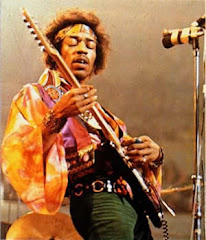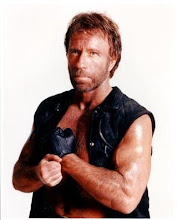By 1969, the United States was on the edge of anarchy. Political debate, military conflict, and social upheaval combined to form a powder keg of American problems. Even though the people found a voice through only the most radical bands at first, by this crucial period, many more musicians were joining the anti-war movement. The Chicago Transit Authority, more commonly known as Chicago, released an album at the climax of American turmoil called Chicago II, which encapsulated the ideas of rebellion and revolt that were widespread at the time.
Chicago’s album spoke the message of the masses. The band made the album with the intentions of directly criticizing American policy in Vietnam, speaking the words of the typical citizen through their Rock and Roll. Robert Lamm, the founding member of the band, wanted to give a voice to the prevailing ideology of the time, to vocalize, as he once said, “the idea of the average person having a certain amount of power, and power…to stand up to the policies of the government and protest the war.” The album even had a special dedication: “With this album we dedicate ourselves, our futures and our energies to the people of the revolution...And the revolution in all its forms.” Chicago had become a politically conscious group, using their music to express the thoughts of the American public.
Two songs from the album particularly stand out as social commentary. “Where Do We Go From Here?” and “It Better End Soon” both have blatant political critiques of the callousness of government, and even the indifference of some of the American population. The first song begs the masses to stand together for peace and use their fervor to create lasting political change. Lamm writes, “Let's all get together soon, before it is too late/ Forget about the past and let your feelings fade away/ If you do I'm sure you'll see the end is not yet near.” He expresses fear and unease at the current state of the world, but he still retains hope for the future. The second song more clearly states Lamm’s stand against the war. He bluntly speaks of the cruelties of war: “The people dying/ Crying for help for so many years/ But nobody hears.” Lamm then directly attacks the government for its immorality, claiming that “The big heads of state/ Won't let us be free/ They made the rules once/ But it didn't work out/ Now we must try again.” Grounding his faith in the people, Lamm sings on about making a change in the world and improving the lives of posterity.
The band Chicago and their second self-titled album is yet another brilliant example of American freedom of expression. Through song, Chicago was able to give a voice to the many disgruntled citizens who wished for change. Their actions and lyrics epitomized the resilience of the human spirit when faced with a crisis, and the morality of those who wish to bring about peace in the world.
Friday, November 13, 2009
Subscribe to:
Comments (Atom)



